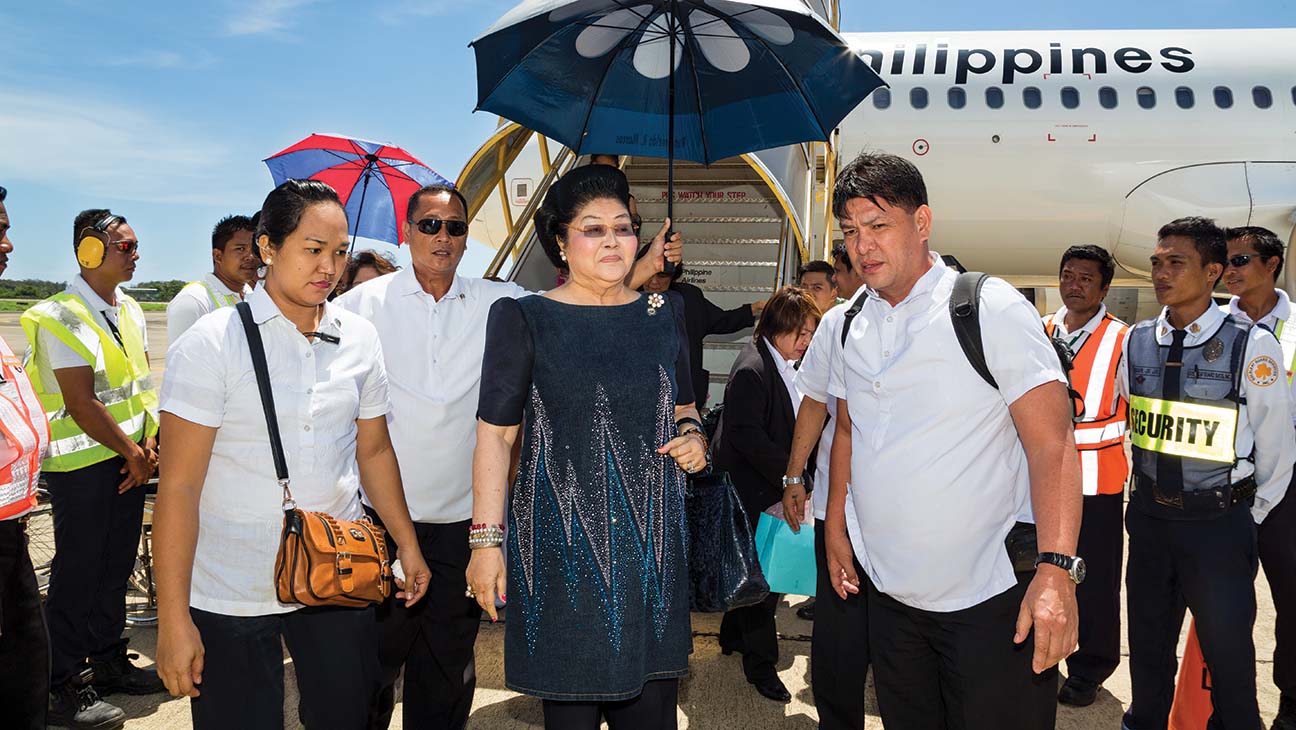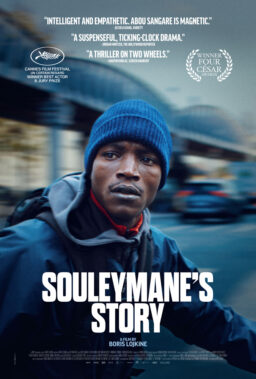Unless you’re at a festival where documentaries are the focus, it’s not uncommon to see these titles pushed to the ends of must-see lists for big festivals—if they’re even listed at all. Fortunately, the Toronto International Film Festival had no shortages of movies where facts won out over fictional narratives.
“The Queen of Versailles” filmmaker Lauren Greenfield last explored her fascination with riches and femininity in her last documentary, “Generation Wealth.” In her new film, “The Kingmaker,” she’s back to profiling a singular privileged subject, Imelda Marcos, the widow of the former Filipino dictator. Greenfield outdoes herself by looking at more than just the half-truths and delusions her subjects tearfully sells to the cameras, of her fortunes lost and of how great her beloved husband was to the Philippine people. Greenfield widens her lens to interview former victims, employees, friends, associates and investigators of the Marcos family. Imelda’s not done crafting her legacy yet, and the documentary saves some shocking revelations for its last act that casts almost all of Imelda’s previous actions and anecdotes in a new light.

“Harlan County, U.S.A.” director Barbara Kopple is a legend in her field, but her latest documentary “Desert One” feels more unwieldy than some of her other works. In the film, Kopple attempts to piece together the untold stories of the Iran hostage crisis in the twilight days of the Carter administration. Through extensive footage from both American and Iranian sides, once-secret conversations with the White House and a slew of interviews that it’s almost impossible to keep track of all the players, Kopple chronologically retraces Carter and the military’s attempts to try to bring the hostages home.
There are great stories from all sides, some of which most of us will be hearing about for the first time, so the doc never wants for action. Sometimes, however, the sheer amount of information and details overwhelms the narrative flow of the film. But in terms of a well-researched, well-sourced look into this charged time in American history, few other documentarians have gone as far as Kopple does with “Desert One” in exploring this many-sided story.

Then, there are the documentaries that take your breath away; their ability to capture so much human emotion in one potent narrative is awe-inspiring. This year, that honor goes to Alexander Nanau’s impressively riveting film, “Collective.” It’s the documentary version of a “Spotlight”-like story of investigative journalists in Romania, who when reporting on the tragedy of a few at a nightclub called Colectiv, uncovered a healthcare corruption scandal that went all the way to Romania’s Health Minister.
“Collective” never forgets the victims that first exposed the country’s vulnerable healthcare system that claimed the lives of burn survivors from improper care, facilities, training and medical supplies. Nanau’s cameras also follow the team of dogged reporters at the scrappy Sports Gazette as pressure the government for answers for these preventable deaths. As a new Health Minister steps in, the cameras observe him as he tries to cure a healthcare system in crisis. “Collective” is an engrossing cross-section of health, politics and media, the people in these professions and the survivors who are counting on them to do their jobs.












